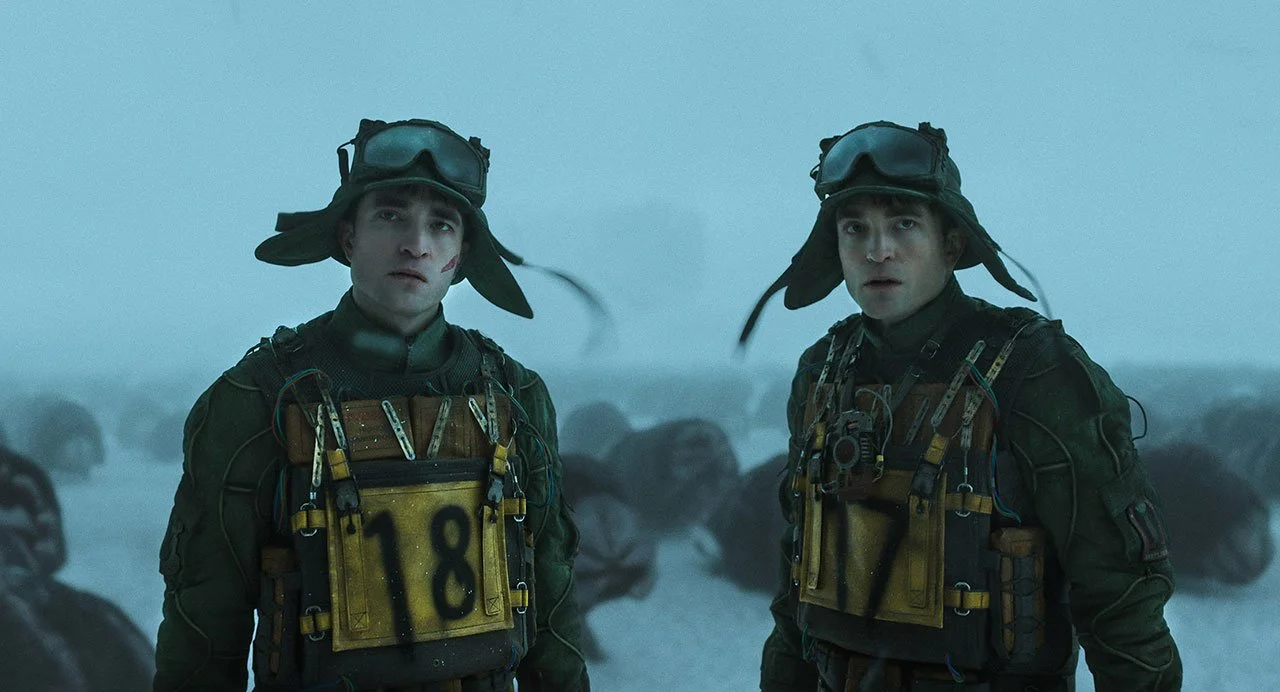The Dim Vision of A Scanner Darkly
“This has been a novel about some people who were punished entirely too much for what they did. They wanted to have a good time, but they were like children playing in the street; they could see one after another of them being killed—run over, maimed, destroyed—but they continued to play anyhow.”
To understand Richard Linklater’s 2006 A Scanner Darkly, one must understand whence it came. The film is based on Philip K. Dick’s novel of the same name, and tells the story of Bob Arctor, a drug addict and undercover cop. Dick based this sci-fi-ish, noir-ish tale on his own experience of addiction to amphetamines, watching those around him suffer far greater outcomes than he would. The story comes from a place of grieving, a place of vague anger, a place of loss.
That loss is tracked in the story and Linklater’s adaptation as not merely a loss of friends, but also a loss of self. Bob (Keanu Reeves) is so undercover that even his boss doesn’t know who he is, commanding him to track Arctor closely. Between the drugs, the obscurity of the police system, and the lack of meaning in his life, Arctor’s grip on his own identity gradually slips.
Linklater employs rotoscoping to create an aesthetic of paranoia, effective in bringing the audience into the disoriented headspace of its characters. This is pushed even further by the visual of Arctor’s identity-protecting (or conflating) “scramble suit,” which Linklater animates as a constantly shifting tableau of faces and physical signifiers. He’s described in this suit as “nothing more than a strange blue.” No one knows who to trust; no one knows who they really are. In this world, everyone’s a conspiracy.
This is a bitter film whose ethos is summarized by Robert Downey Jr.’s Barris: “This is a world getting progressively worse. Can we not agree on that?” While this is apropos of Dick’s story, it’s an imperfect fit for Linklater, whose stories typically merge the sad beneath a humorous surface. The balance falters here. For much of its runtime, the film is merely exhausting. Reeves’ stilted emotionality is potent here, and the clash between him and Downey Jr.’s hyperactivity is effective. But that hyperactivity quickly becomes tiresome, and Woody Harrelson’s performance as their roommate Luckman is weakly bizarre. The real gravitational pull of the film should be the relationship between Arctor and Donna Hawthorne (Winona Ryder), but there’s not enough to work within the script for Ryder to make her character more than a shell.
The agita of the film does eventually build to an angry, pointed critique of our ineffective systems. And there is something to be admired in Dick’s story: for all of its anger, it is also a work of reimagining. Dick offers those who were punished far too much an alternative destiny, where “death is swallowed up in victory… we shall not all sleep in death.” Here we see ourselves failingly, darkly, but maybe one day that will change.
There’s power in that insistent dream, and in its apocalyptic promise. But the power resides in the original story, not in the film. Linklater’s adaptation does little to expand this idea or make it effective through the visual media.



